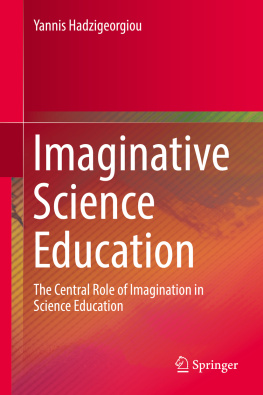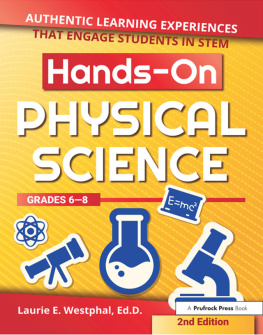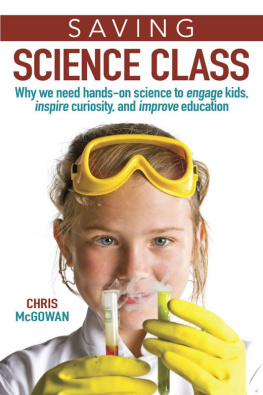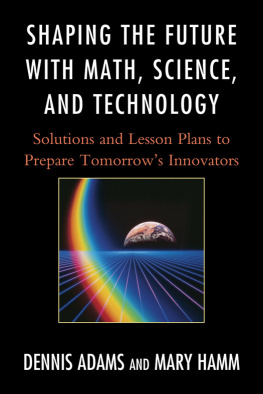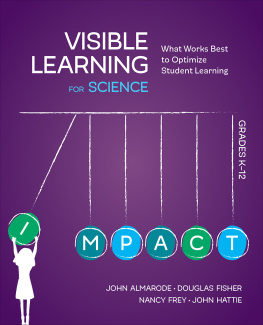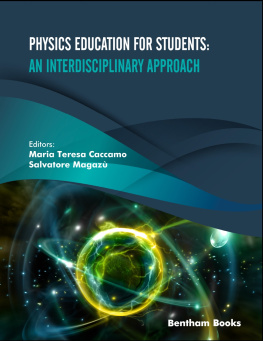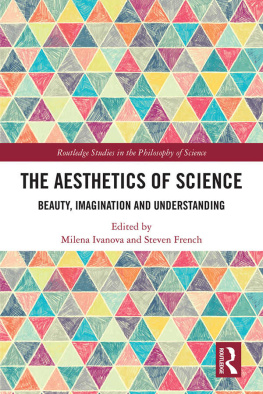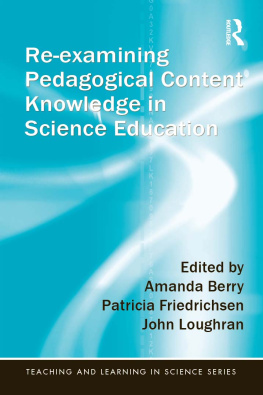1. Imaginative Thinking in Science and Science Education
A student was once asked to answer the following question: how would you measure the height of a skyscraper using a barometer? The student replied as follows:
Take a very long piece of string. Tie one end of the string to the barometer. Keeping hold of the other end , dangle the barometer off the roof of the skyscraper until it reaches the ground. Then measure the length of the string plus the length of the barometer and you get the height of the skyscraper .
The interviewing tutor did not accept the answer, and the candidate was rejected. But he appealed to the school authorities on the grounds that his answer, while perhaps unorthodox, was undeniably correct. So another professor was asked to arbitrate in the dispute. He asked the candidate to see him and gave him 5 min to reply to the same question in a way that demonstrated knowledge of physics. The young candidate was silent for the first 3 min. The professor warned him that time was running out. Then said the student, The problem is Ive thought of several possible answers, but I cant decide which is the best. At that time the professor warned the student that he had only 1 min left. Then the student began giving his answers to the problem:
You could take the barometer to the roof of the building and then drop it , using a stopwatch to measure the time the barometer took to reach the ground. If this t is time , and the acceleration due to gravity is g , then the height of the building would be gt /.
If there is sunshine , you could measure the length of the barometer , the length of its shadow , and the length of the skyscraper s shadow. Then it s just a matter of proportional arithmetic to work out the height of the skyscraper .
Or you could walk up the stairs with the barometer and a pencil , marking off lengths of the barometer as you go , adding them up at the end. If you still want to be boring you could measure the air pressure on the roof and at ground level , convert millibars to meters and get the height of the skyscraper from that .
And if you want to be highly scientific you could tie a piece of string to the barometer and make it swing like a pendulum , first on the roof and then on the ground. Then you could work out the acceleration due to gravity on the roof and on the ground from the period of the oscillation of the pendulum. Then from this difference you can calculate the height of the building .
But in the end perhaps the best method would probably be to knock on the janitor s door and say , Look here Mr. janitor , if you tell me how high this building is , I ll give you this lovely new barometer . (Based on Calandra, )
What does this incident, whether true of fictional, tell us about how we teach and assess science understanding in our classrooms? Certainly it tells us a number of things, but one of themthat most of us would agree withis the neglected role of creative imagination in science education. The student was assessed for his understanding of the concepts and laws of physics and not for his creative/imaginative thinking. But cant these two be assessed together? If creative imagination is indeed central to science (as is argued in this chapter), should not science education reflect this kind of imagination? Should not science education encourage, foster, and assess it, as an integral part of the learning process?
ISE, by giving priority to the imagination in the context of teaching and learning school science, can be considered an approach that has the potential to encourage science learning in new ways. Of course, the view, that in the world of education most ideas are nothing but a refurbished version of old ones, contains an element of truth, given that the fundamental questions about teaching and learning, and education in general, have remained the same. However, the fact is that the answers to these questions have changed over time, and, most importantly, perennial problems and questions regarding the teaching-learning process could be approached, either through a new synthesis of old ideas or from the perspective of new research, which sheds new light on those old problems and questions. Imagination, an old idea in the world of education, can certainly be approached in the light of contemporary brain research, which has provided evidence for the importance of both hemispheres in the thinking process (Caine & Caine, ). It is therefore imperative that imagination, a central feature of the right hemisphere, be seriously considered when planning curriculum and instruction across all ages and all students.
No doubt one would feel more comfortable about discussing the role of imagination in school subjects, such as literature and the fine arts, rather than science. Yet it is a truism to claim that imagination is central to science. Indeed scientists, in their attempt to understand how the world works, visualize unobservable entities (e.g. atoms, electrons, lines of force) and phenomena that cannot be directly observed (e.g. electromagnetic induction, change in intermolecular distance), and also think of possible ways to explain phenomena by proposing various hypotheses and theories. In general, scientists play with ideas, with different possibilities, through thought experiments, analogies, and modelling.
Yet imagination is one of those concepts whose importance is not explicitly stated by scientists (i.e. in scientific reports and various research papers). There are, however, sources where one can find what scientists have said about the role of imagination in their work and also in other scientists work. Vant Hoff, for example, in a letter to his father, wrote, The fact is the basis, the foundation. Imagination is the building material, the hypothesis the ground to be tested, and reality is the building (Vant Hoff, , p. 215) did remark that Imaginative vision and faith in the ultimate success are indispensable. The pure rationalist has no place here (meaning no place in modern physics).
Thus, if the true image of science is to be presented to the students, imagination should become a ubiquitous element in the teaching-learning process. It is therefore crucial that the role of imagination be recognized and acknowledged. This chapter will discuss the role of imagination in the thinking process and its place in the nature of science, as well as its role in science education.

